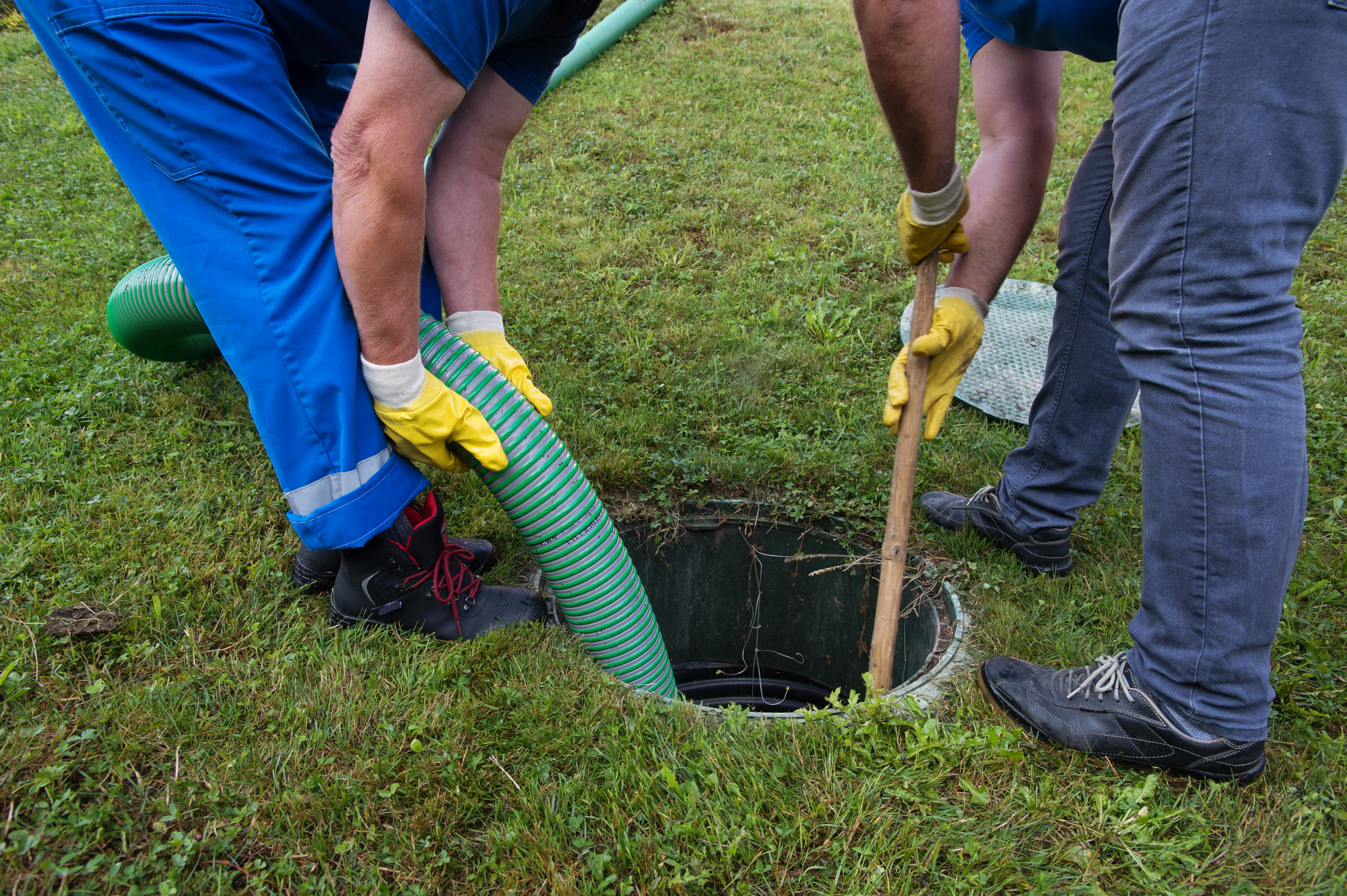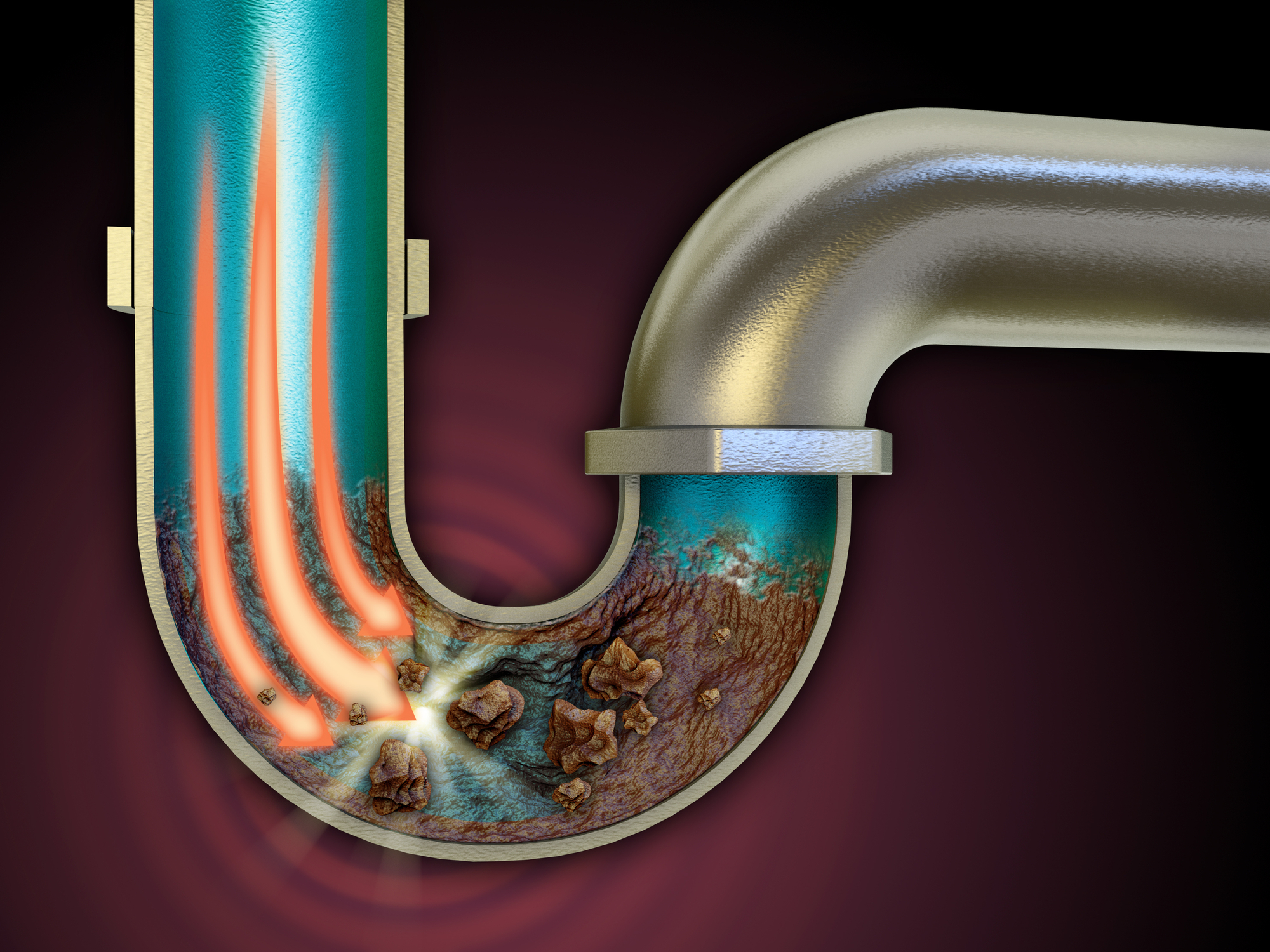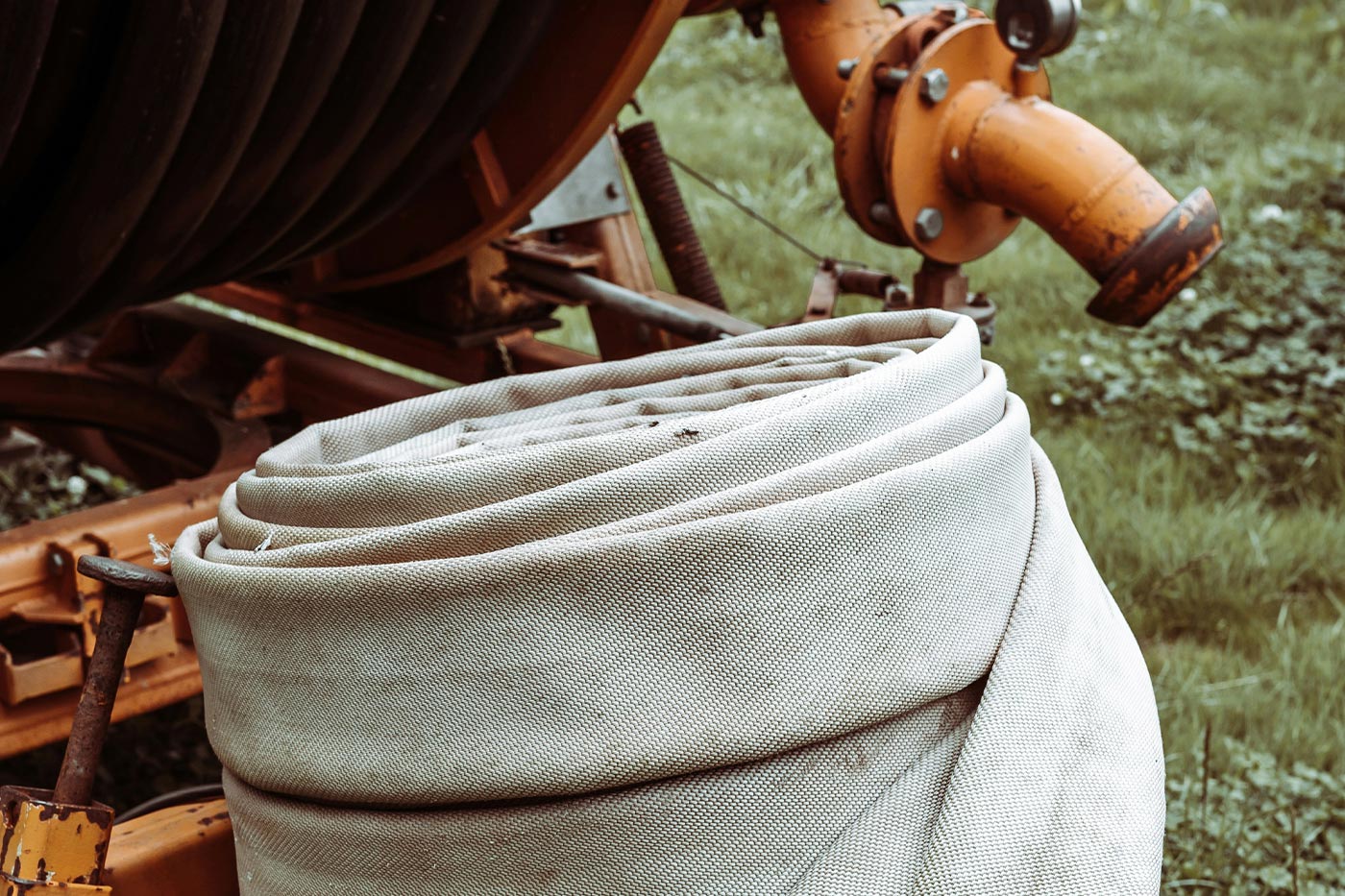When pondering the maintenance of your lush green lawn or thriving garden, you might find yourself asking, Do plumbers work on irrigation systems? It’s a question that hovers in the minds of many homeowners and gardening enthusiasts alike.
This query isn’t just about finding the right professional for the job; it’s about understanding the multifaceted nature of plumbing expertise. As we dive into this topic, we’ll unravel the mysteries behind the roles and capabilities of plumbers in the realm of irrigation, ensuring that your outdoor oasis receives the care and expertise it deserves.
What are the role of a plumber?
Plumbers play a crucial role in installing and maintaining irrigation systems. Their expertise ensures that these systems function efficiently and safely. Here are some key points about the role of plumbers in this context:
- Expert in Water Systems: Plumbers have a deep understanding of how water systems work, which is essential for irrigation.
- Safety and Compliance: They ensure that the installation complies with local regulations and safety standards.
- Complex Installations: Plumbers are equipped to handle complex tasks like connecting to the main water supply or installing pumps.
- Problem Solving: They can diagnose and fix issues that might arise during installation or maintenance.
- Efficiency and Sustainability: A plumber’s skills are vital in setting up systems that use water efficiently, reducing waste, and saving resources.
How do irrigation systems work?
Irrigation systems are essential for supplying water to crops when natural rainfall is insufficient. Their primary purpose is to maintain an ideal moisture level in the soil, ensuring healthy plant growth and maximizing crop yield. There are several types of irrigation systems, each suited to different environments and crops.

Surface irrigation:
This is the oldest method, where water flows over the soil by gravity. It’s suitable for various landscapes, especially where the land is level.
Drip irrigation:
Highly efficient and water-conservative, drip irrigation delivers water directly to the roots of plants through a network of valves, pipes, tubing, and emitters. It’s ideal for row crops, orchards, and gardens.
Sprinkler irrigation:
This method simulates rain, where water is piped to one or more central locations and distributed by overhead high-pressure sprinklers or guns. It’s versatile and can be used for many types of crops.
Subsurface irrigation:
Water is delivered directly to the root zone beneath the soil surface, reducing evaporation losses.
Effective irrigation requires proper design, implementation, and management to balance water use and crop needs, taking into account the type of soil, crop, climate, and water availability. This ensures sustainable agricultural practices and efficient water use.

Do plumbers work on irrigation systems?
Yes, plumbers often work on irrigation systems. While irrigation systems are specialized within the broader field of plumbing, many of the skills and techniques used in general plumbing are also applicable to irrigation.
Plumbers are skilled in working with pipes, valves, water pressure, and flow control, which are fundamental aspects of both household plumbing and irrigation systems.
In the context of irrigation, a plumber might be involved in:
Installation:
Setting up new irrigation systems, including laying pipes, installing sprinkler heads, and connecting the system to a water source.
Maintenance and Repair:
Diagnosing and fixing issues like leaks, broken pipes, malfunctioning sprinkler heads, or problems with the system’s controls.
Upgrades and Modifications:
Enhancing or expanding existing irrigation systems to improve their efficiency or to cover additional areas.
Winterization and Seasonal Adjustments:
In colder climates, prepare irrigation systems for winter by draining pipes to prevent freezing and damage, and then reactivating systems in the spring.
However, not all plumbers may choose to work on irrigation systems, and some may specialize in this area. Additionally, some professionals specialize exclusively in irrigation, such as irrigation technicians or landscapers with irrigation expertise. It’s always a good idea to confirm that a plumber has experience with irrigation systems before hiring them for such a job.
Why might you need a plumber for your irrigation system?
You might think, Can’t I just set up or fix my irrigation system myself? Well, sometimes you can. But there are times when it’s better to call a plumber. Here’s why:
1. Professional expertise:
Plumbers bring specialized knowledge and skills to the installation and maintenance of irrigation systems, ensuring all components function correctly and are properly integrated with your home’s water system.
2. Regulatory compliance:
Plumbers are well-versed in local building codes and water regulations, ensuring your irrigation system meets all legal requirements and avoids potential fines or penalties.
3. Complex connections and installations:
Tasks such as connecting to the main water line, installing backflow preventers, and setting up complex components require a plumber’s precision and expertise to ensure safe and effective operation.
4. Diagnosis and repair:
Plumbers are adept at diagnosing and fixing common issues like leaks, pressure problems, or system failures, which can save you time and prevent water wastage or property damage.
5. Water efficiency:
A plumber can optimize your irrigation system for maximum water efficiency, helping to conserve water and reduce your utility bills.
6. Safety assurance:
Dealing with water systems, especially when they intersect with electrical components, poses various risks. Plumbers are trained to handle these installations safely, minimizing the risk of accidents and ensuring the safety of your property and household.
Involving a plumber in the installation and upkeep of your irrigation system is a smart decision for ensuring a reliable, efficient, and safe watering solution for your garden or landscape.
FAQs
Is irrigation the same as plumbing?
No, they’re different. Plumbing involves managing water supply and waste within buildings, focusing on fixtures like sinks and toilets. Irrigation, however, relates to supplying water to soil, typically for agriculture or landscaping, and is mostly used outdoors.
What piping is used for irrigation?
Irrigation systems commonly use PVC (Polyvinyl Chloride) pipes for durability and corrosion resistance, and Polyethylene (PE) pipes for flexibility, especially in drip systems. The choice depends on water pressure, terrain, and the type of irrigation system.
How do irrigation pipes work?
Irrigation pipes distribute water from a source to the land. The system has a main pipe leading to smaller branches, which deliver water through sprinklers, drippers, or hoses, often controlled by valves and timers for efficient distribution.
Conclusion
As we draw our discussion to a close, the answer to do plumbers work on irrigation systems? becomes crystal clear. It turns out, the expertise of plumbers extends far beyond the pipes within our homes. They are indeed the unsung heroes who can keep our gardens lush and lawns green, all while being mindful of water conservation. So, the next time you’re staring out at your garden, wondering who to call for help with your irrigation system, remember that a skilled plumber might just be the perfect fit for ensuring your little patch of nature thrives beautifully.






